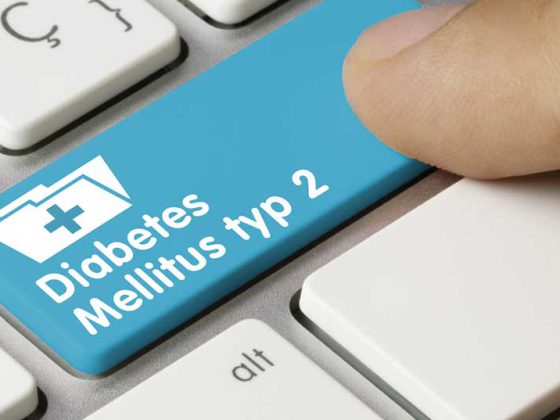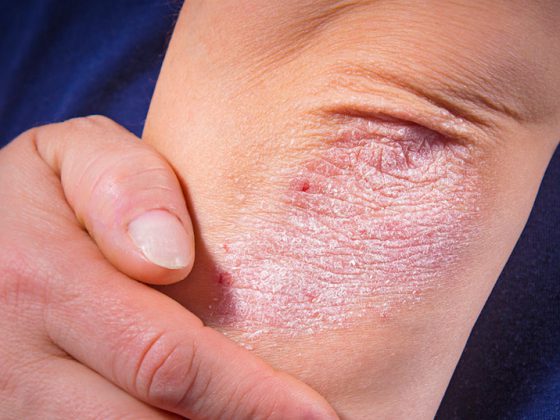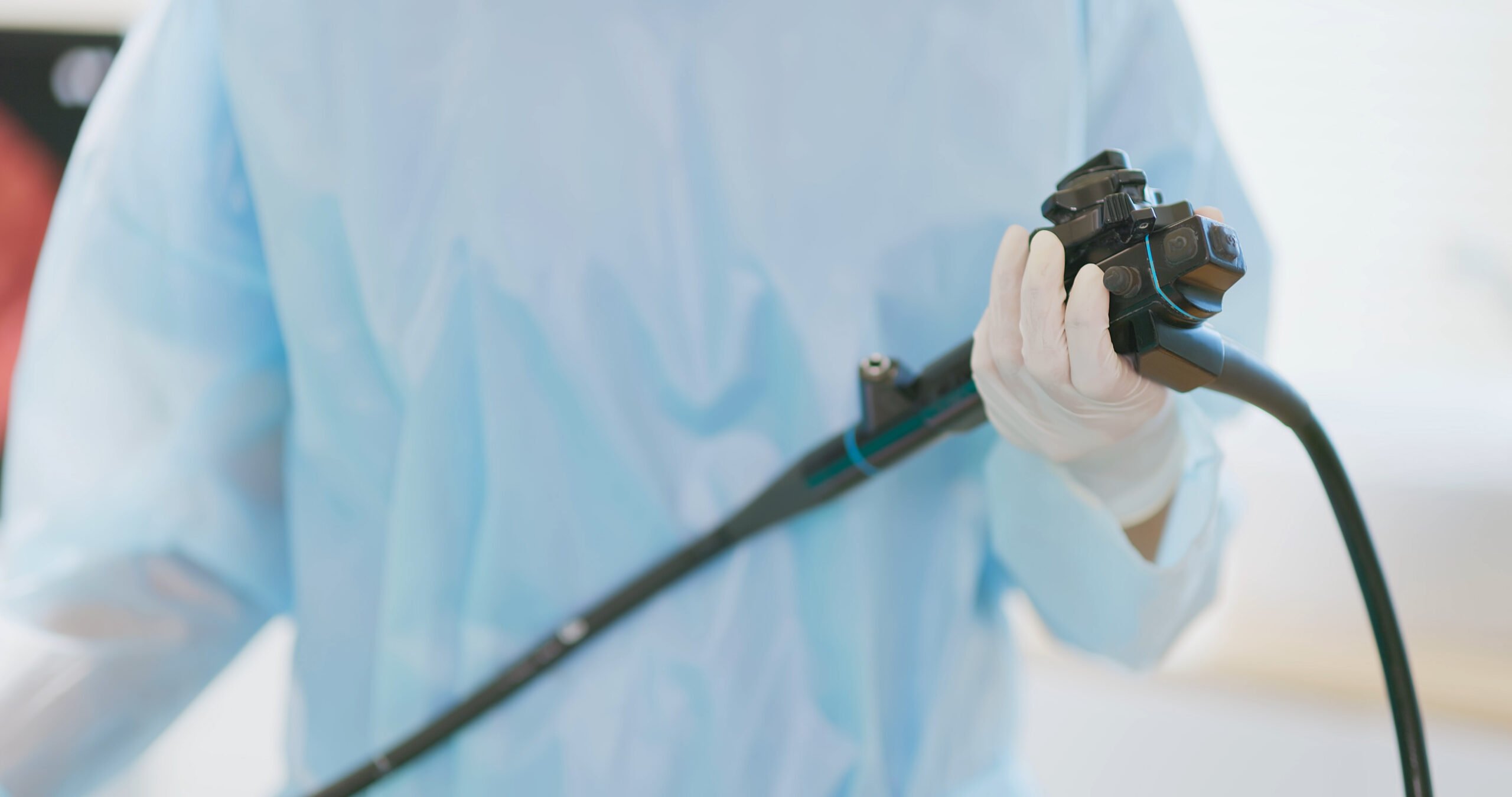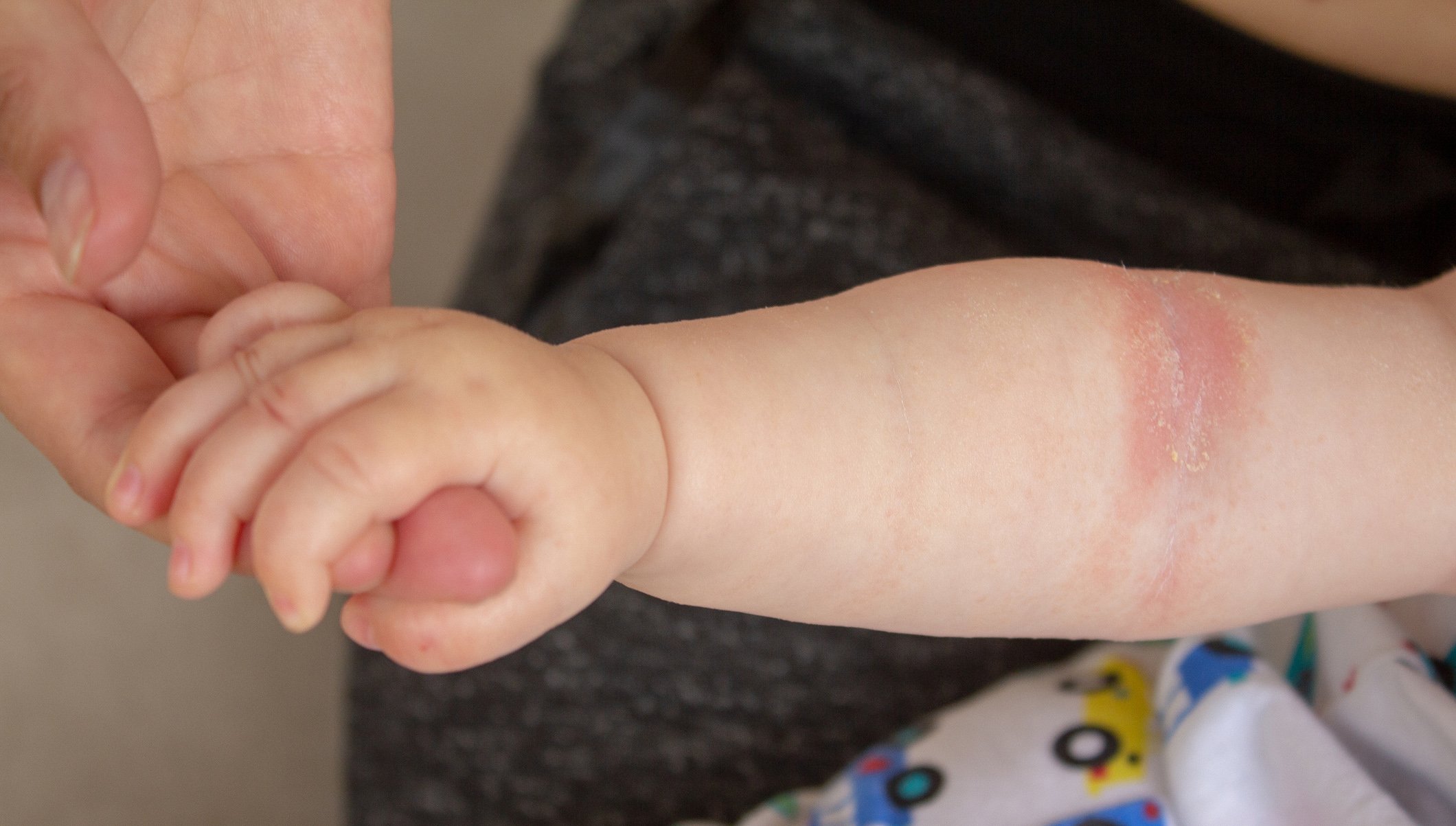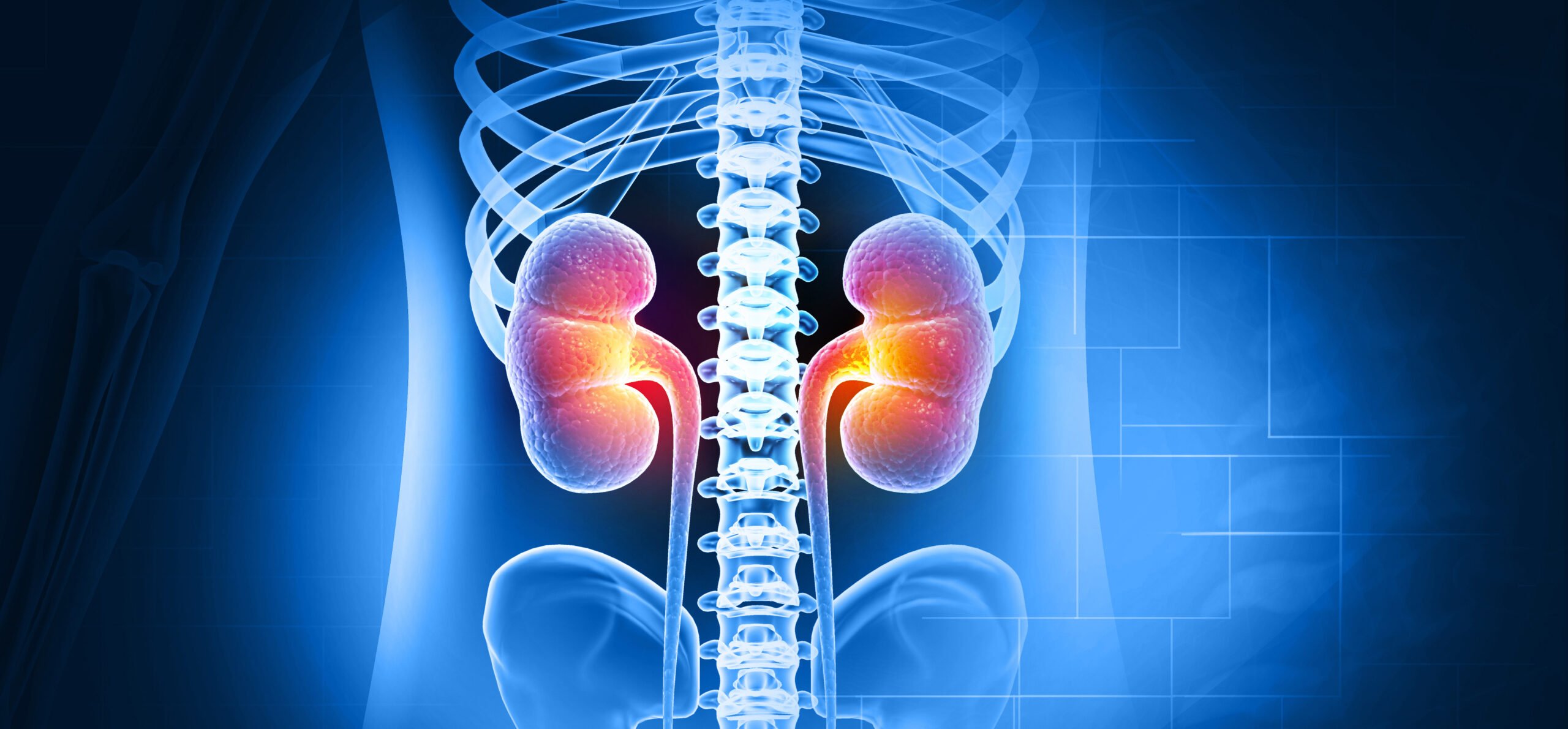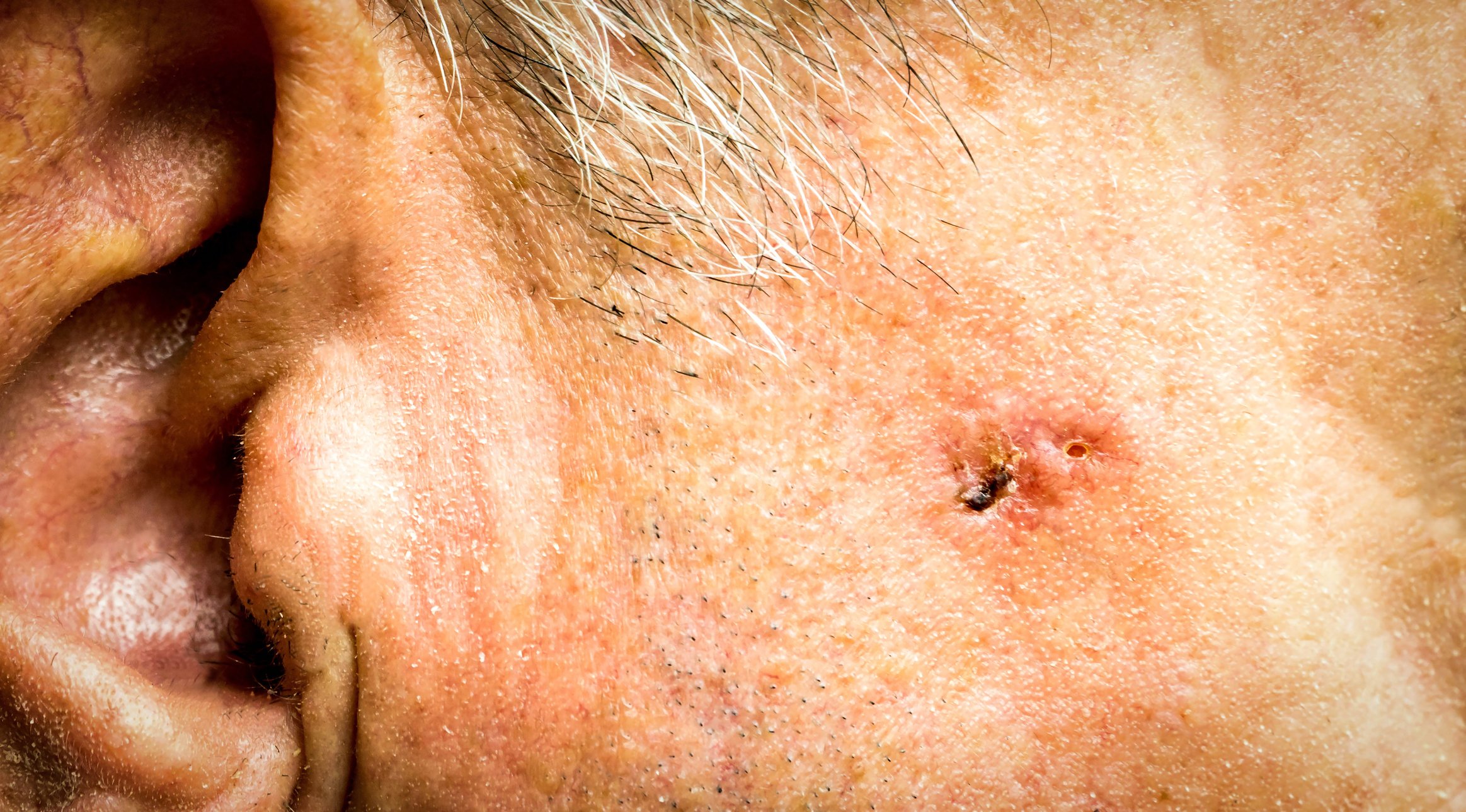That a low-dose therapy consisting of psoralen and UV-A irradiation (PUVA) not only leads to a short-term remission of the cutaneous lymphoma “Mycosis fungoides”, but also maintains this remission for more than one year, dermatologists could show in a multicenter study in Austria.
Patients with mycosis fungoides were treated with oral 8-methoxypsoralen followed by UV-A irradiation twice weekly for a period of 12-24 weeks. Maintenance therapy was performed only in case of complete response in the induction phase (reduction to zero by the modified severity-weighted assessment tool, mSWAT). These patients were randomly assigned to “no further PUVA therapy” or “continued PUVA as maintenance therapy for nine months” conditions. As the analysis of the data showed, 70% of the patients achieved a complete response in the induction phase with a comparatively low UV-A dose of 78.5 J/cm2. The baseline mSWAT values did not differ significantly from those of patients with only partial response. Under subsequent nine-month maintenance therapy, the duration of disease-free remission increased from a median of 4 to 15 months (p=0.02). Analysis of the histologic effects of PUVA therapy showed that as clinical improvement occurred, the density of inflammatory infiltrates decreased and the amount of clonal T-cell receptor sequences decreased. Regarding tolerability, no severe side effects of PUVA therapy were observed during either the induction phase or the maintenance phase. The authors concluded that the study argued for the benefit of PUVA therapy and, in the case of complete response, subsequent maintenance therapy, and identified two potential biomarkers.
Source: JAMA Dermatol 2019.
DOI: 10.1001/jamadermatol.2018.5905.
DERMATOLOGIE PRAXIS 2019; 29(4): 4 (published 8/25/19, ahead of print).


